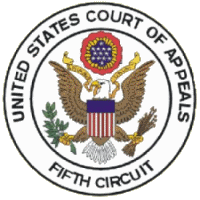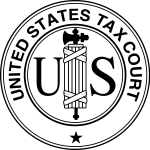David Kocieniewski, a leading tax reporter for the New York Times, reports that Ronald S. Lauder and his family, heirs to the Estée Laduer fortune, employ a variety of strategies available only to the rich to reduce their tax liability. The article is interesting for covering certain high net worth strategies that have been investigated by the Internal Revenue Service in recent years, but I’m not sure if Mr. Kocieniewski doesn’t overreach a little bit in his discussion of Mr. Lauder’s father’s valuation case in the United States Tax Court. Mr. Kocieniewski writes:
“When Mr. Lauder’s father, Joseph, died in 1983, family members fought the I.R.S. for more than a decade to reduce their estate tax. The dispute involved a block of shares bequeathed to the family — the estate valued it at $29 million, while the I.R.S. placed it at $89.5 million. A panel of judges ultimately decided on $50 million, a decision that saved the estate more than $20 million in taxes.”
Presumably Mr. Kocieniewski is referring to Estate of Lauder v. Commissioner, T.C. Memo 1994-527 which was the third of three memorandum opinions written by Judge Hamblen on behalf of the Tax Court with regard to the Lauder case. It was this third opinion that focused on the valuation of Mr. Lauder’s estate.
Here’s the bone. The entire case, all three opinions, was about the proper valuation of Mr. Lauder’s estate. However, Mr. Kocieniewski writes that because Judge Hamblen determined the proper valuation of the estate was less than the IRS asserted the litigation “saved the estate more than $20 million in taxes.” Isn’t also possible that the IRS valuation was inflated, inaccurate or maybe simply incorrect? (It seems that Judge Hamblen felt as much.) In which case, Mr. Lauder’s estate didn’t “save” any taxes at all but rather paid the proper tax due.
Certainly valuation cases are complicated, and there were several procedural and substantive issues addressed in the Lauder litigation, but the implication that anyone who prevails in the face of a tax liability incorrectly asserted by the IRS is “saving” taxes seems a bit much. Unfortunately, we cannot share the text of the Lauder estate opinions here without violating a copyright but if you have the tools to investigate them yourself the citations are: Estate of Lauder v. Commissioner, T.C. Memo 1992-736; Estate of Lauder v. Commissioner, T.C. Memo 1992-736; and the above-mentioned Estate of Lauder v. Commissioner, T.C. Memo 1994-527.
If you would like to read Mr. Kocieniewski’s article you can find it here.
Finally, a post script to Mr. Sheldon Cohen, whose comments in the article about the social value of certain tax benefits for benefactors of the arts are well taken.




